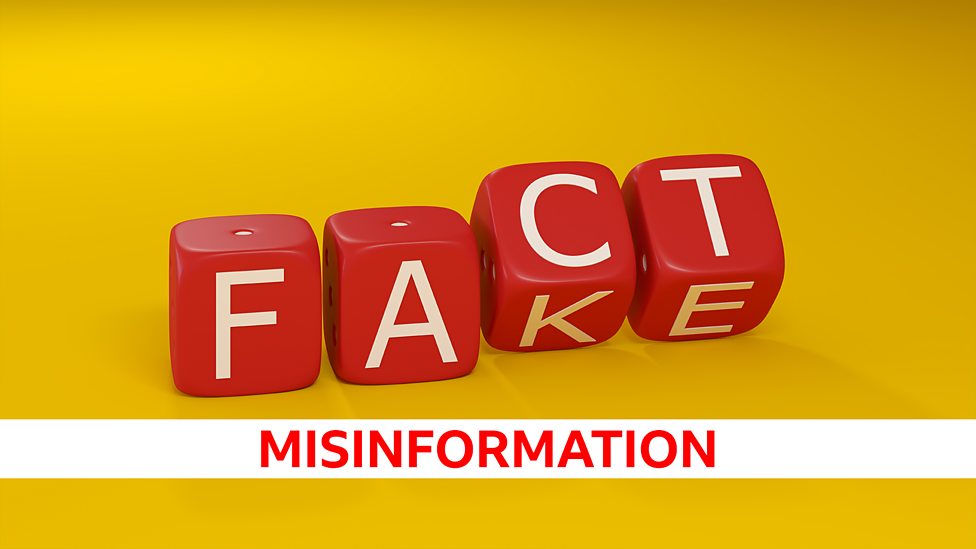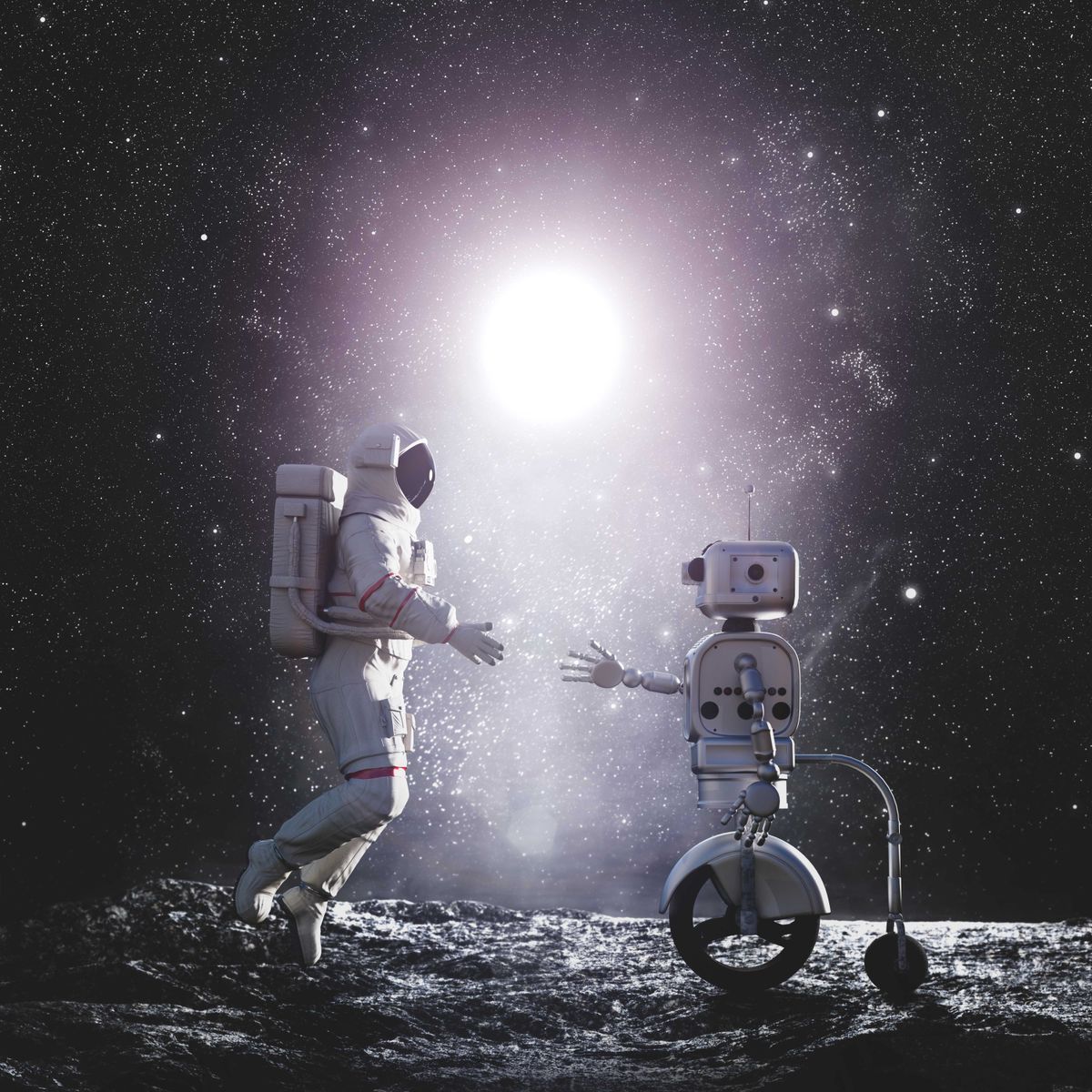How AI Detects Fake News and Misinformation on Social Media is a critical topic in today’s digital landscape where misinformation can spread rapidly. With the rise of social media platforms, distinguishing between genuine information and fake news has become increasingly challenging. AI technology plays a vital role in analyzing vast amounts of data to identify patterns, detect false narratives, and provide users with more accurate information.
Through advanced algorithms and machine learning techniques, AI systems can evaluate sources, recognize language cues, and even assess the credibility of content creators. This not only aids individual users but also empowers platforms to take proactive measures against misinformation, ultimately fostering a more informed online community.

The ocean, covering over 70% of our planet’s surface, is a vast and mysterious realm that captivates the imagination of many. It’s not just a body of water; it’s a world teeming with life, stories, and hidden treasures that have yet to be discovered. From the surface waves to the deepest trenches, the ocean is a complex ecosystem that plays a crucial role in our climate, weather patterns, and even our food supply. In this post, we’ll dive deep into the wonders of the ocean, exploring its diverse ecosystems, fascinating wildlife, and the importance of conservation efforts.
The Diversity of Marine Life
One of the most astonishing aspects of the ocean is its biodiversity. Scientists estimate that over 230,000 marine species have been identified, with millions more likely to exist. The ocean is home to everything from the tiniest plankton to the largest animal on the planet, the blue whale. Let’s take a closer look at some unique marine habitats and the incredible creatures that reside within them.
Coral Reefs, How AI Detects Fake News and Misinformation on Social Media
Coral reefs are often referred to as the “rainforests of the sea” because of their incredible biodiversity. Found in warm, shallow waters, these vibrant ecosystems support thousands of species, including fish, mollusks, and sea turtles. Coral reefs are formed by tiny coral polyps that build calcium carbonate structures over time. Sadly, they are among the most threatened ecosystems due to climate change, pollution, and overfishing.
Deep Sea
The deep sea is one of the least explored environments on Earth, and it holds many mysteries. It’s characterized by extreme conditions, including high pressure, low temperatures, and complete darkness. Yet, life thrives here in forms that seem almost alien. Creatures like the anglerfish, with its bioluminescent lure, and the giant squid, have fascinated scientists and adventurers alike. The unique adaptations of deep-sea organisms remind us of nature’s creativity and resilience.
Open Ocean
The open ocean, or pelagic zone, is the largest habitat on the planet, stretching from the surface to the deep sea. Here, you’ll find some of the fastest animals in the world, like the sailfish and the black marlin. The open ocean is also a critical breeding ground for many species, including whales and fish. However, it’s essential to recognize the impact of human activities, such as overfishing and plastic pollution, on these vast waters.
Importance of Ocean Conservation
With the ocean facing numerous threats, from climate change to plastic pollution, conservation efforts are more critical than ever. The health of our oceans directly impacts climate regulation, weather patterns, and the overall health of our planet. Here are a few key reasons why ocean conservation should be a priority:
Climate Regulation
The ocean plays a vital role in regulating the Earth’s climate. It absorbs carbon dioxide from the atmosphere and helps to distribute heat around the planet. However, rising temperatures and increased carbon levels are causing harmful effects, such as ocean acidification and coral bleaching. Protecting marine ecosystems is essential for maintaining the delicate balance of our climate.
Economic Value
The ocean is a source of livelihood for millions of people worldwide. Fisheries, tourism, and shipping are just a few industries that depend on healthy oceans. Sustainable fishing practices and responsible tourism can ensure that these resources remain available for future generations. Investing in ocean conservation can also drive economic growth by promoting eco-tourism and creating jobs in marine research and conservation.
Preserving Biodiversity
Every species in the ocean plays a role in maintaining the balance of its ecosystem. When one species is threatened, it can have a ripple effect on others. Protecting marine biodiversity is crucial for preserving the intricate web of life in our oceans. Initiatives like marine protected areas (MPAs) help safeguard critical habitats and allow ecosystems to recover and thrive.
How You Can Help
Even though the challenges may seem overwhelming, there are many ways individuals can contribute to ocean conservation. Here are some simple actions you can take:
Reduce Plastic Usage
Plastic pollution is one of the most pressing issues facing our oceans. By reducing your plastic usage, recycling, and choosing sustainable alternatives, you can help decrease the amount of plastic that ends up in the ocean. Bring reusable bags, bottles, and containers when you go out, and support businesses that prioritize eco-friendly practices.
Support Sustainable Seafood
When shopping or dining out, opt for seafood that has been sourced sustainably. Look for certifications like the Marine Stewardship Council (MSC) label, which indicates that the seafood was harvested responsibly. Educating yourself about seafood sustainability can also help you make informed choices that support healthy ocean ecosystems.

Get Involved with Local Conservation Efforts
Many organizations focus on ocean conservation and offer opportunities for individuals to get involved. Whether it’s participating in beach cleanups, volunteering with local marine research projects, or advocating for policy changes, your efforts can make a difference. Connecting with like-minded individuals can also amplify your impact.
Final Thoughts
The ocean is a treasure trove of wonders that deserves our respect and protection. By understanding its complexities and the challenges it faces, we can foster a deeper appreciation for this vital resource. Whether through education, advocacy, or simply enjoying its beauty, we all have a role to play in preserving the ocean for future generations. So, let’s take a moment to appreciate the magnificence of the ocean and commit ourselves to its protection.
FAQ Summary: How AI Detects Fake News And Misinformation On Social Media
How does AI identify fake news?
AI identifies fake news by analyzing patterns, language use, and source credibility through machine learning algorithms.
Can AI completely eliminate misinformation?
While AI significantly helps reduce misinformation, it cannot completely eliminate it due to the complexity of human communication.
What role do users play in combating fake news?
Users play a crucial role by verifying sources, questioning dubious information, and reporting false content.
Are there limitations to AI in detecting fake news?
Yes, AI can struggle with context and sarcasm, making it challenging to accurately determine the truthfulness of some claims.
How can social media platforms improve their AI tools?
Social media platforms can improve AI tools by continually updating algorithms, incorporating user feedback, and collaborating with fact-checking organizations.



